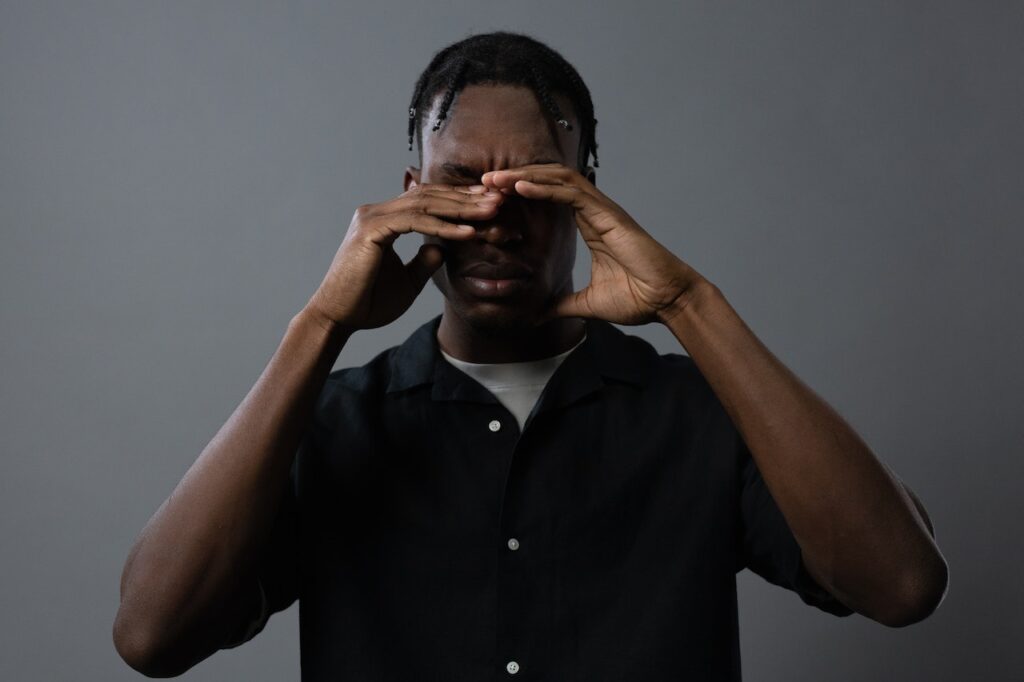Couples who come from different linguistic backgrounds have some very interesting challenges ahead of them. Not all of them are experienced by couples who speak the same mother tongue.
Love has no language, and now with the advent of digital technology and global connections, this has never been truer.
However with this new understanding of what it means to be in a romantic relationship, will come new communication challenges too.
In this article I’ll be talking about some experiences I and other friends have shared being in multi-lingual relationships. Hopefully other couples who read this article will go; “oh, me too!”. And you might even be able to find some solutions here.
If you are looking for a digital solution to your problem of learning the language of your partner, follow to the very end of the article where you can take advantage of a unique special I have for readers!
What’s that word? How do you describe that thing?

Have you ever had one of those moments where in the middle of the conversation, you just forget the word you need?
You know the word, but for some example you can only think of it in another language. Or worse, none of the languages you know are coming up with any hints at all.
This is something most multilingual couples can relate to. Whether you are speaking in your partner’s target language, or they you, it’s bound to happen every now and then.
Moments like these train us in two specific ways.
The first is training us to learn how to communicate without all the tools we would like; in this case, the particular word you forgot. So you need to either find a synonym or a way to describe the idea in your head.
These experiences are all part of the experience that multilingual couples experience day-to-day. For a more personal analysis, follow my link here.
The other thing that may happen is, you learn how to pull meaning out of someone who is struggling.
Seeing your partner struggle to communicate an idea should trigger some sort of response in you.
Perhaps you two find that it helps when the other partner provides hints. Or perhaps one partner just has to have a guess at what the other person is trying to communicate.
Situations like these can help us build our sense of empathy and non-verbal communication.
Talking to family

Even if you and your partner share a common language together, this doesn’t mean that their family will as well. Initially when you met your partner, it was just the two of you, in your own context. Students, employees, bus buddies; whatever it might have been.
However meeting their family, is seeing them (as well as your partner) in their own context. The context they are comfortable with. The one before you appeared one the scene. And you are going to need to be the who fits into that.
Perhaps your partner’s family has not had the same access to media and education in your language as your partner? Or it could just be more simple. They are more comfortable talking in their own language.
So, how can we still spend valuable time together?
Communicating with someone whose first language is not your own can be extremely difficult. There are a lot of nuances and unspoken elements to language. These can be hard not only on the learner, but also hard for the native speaker to identify and reduce for you.
There’s an article specifically on communicating with people who don’t speak your native language, and I highly recommend you check it out!
Therefore, hanging out and being friendly with your partner’s family may be difficult. You may only be able to say a few words to each other. Or communication could be much slower, and you won’t be talking about complex topics.
However there are other ways to show just how much you love someone. How much you care. And that you are really trying to relate to them. This can be done by;
- Always wearing a smile. At least showing that you are having a good time around your family can be a lot.
- Gifts and family gestures; perhaps it’s hugging in your culture, or maybe it’s a touch on the shoulder.
- Watching television together, or thanks to technology, finding clips, videos, or reels that you can both enjoy together.
- Showing them pictures or videos in general (of family, of holidays, of interests)
- Sharing food. bridge between cultural gaps! And I’m sure you partner’s family will always keep you feed.
If you’d like to learn more about the importance of food in cultural understanding; check out this post here.
Couples creating their own language

Something that many multi-lingual couples have, is a sort of unique language.
This is something special that the two of you subconsciously create amongst yourselves, over time. Kind of like pet names or your own little system of codes. Except this time there are added layers of multiple languages.
If you are trying to learn the language of your partner, you might find this happens a lot. You quickly learn certain words like, please, love, yes and no.
Then you start to drop them into your daily speech. Soon enough, you are speaking a hybrid language that is a reflection of the different languages at play in your relationship.
Especially for couples on the move, you will find yourselves picking up certain words and colloquialisms from all the places you have been. Certain languages have different ways of communicating different ideas; like politeness in tone, agreement, listing things, as well as just general vocab.
The more languages that you as a couple drawn on means the more potential loans words you might draw on.
- Perhaps the two of you prefer how the words “yes” and “no” sound in French.
- But you definitely prefer the plurals of Turkish.
- And your most recent trip to Germany means you’ve memorised most of the grocery names in German.
So yes, you may be mixing multiple languages together. It probably doesn’t make sense, and definitely doesn’t sound nice to the uninitiated. But it’s representative of the places you have come from and where you’ve been. And that is something special the two of you can hold.
Mental Drain. Feeling alert all the time. Conversations with people are hard.

Mixing words is fun. And the incidences of forgetting vocab and awkward exchanges with relatives are all a good laugh.
However many multilingual couples may also find themselves drained by the end of the day.
What’s going on?
Before you were with your partner, it seemed like you had all the mental energy in the world. Yet now after talking to them, or spending time with their family, you just crave space.
Something must be wrong, right? Wrong. This could be thanks to a bunch of reasons, and mental drain could very well be one of them.
It takes conscious effort and energy to function in a language that isn’t your own. Unless you’re an absolute expert in the target language. In that case, good for you. ,
Even then, you may still subconsciously prefer spending time in and around your mother tongue or the language you feel most comfortable in.
Talking at length to your partner, in another language can be draining.
Just like living in another country, your brain needs to be extra alert for subtle clues, you need to be aware of double meanings and the fact that spoken language is so very strange and informal.
This problem is only exacerbated in family settings, where people are talking over each other, and conversations are starting and stopping at high-speed.
Something like this is normal and mundane for native speakers. But you may only be figuring out that, at your current level, this sort of conversation requires a lot of mental energy on your behalf.
A relaxing family evening for your partner might actually be incredibly stressful, and taxing on your side.
Be aware of the times when you feel worn out, specifically because of this issue. Try to explain this to your partner, and if possible indicate you’d like to swap to your own language; at least in private.
If you’ve reached the end of this article, firstly thank you. But you are probably interested in the way couples can use technology to learn each others’ language. And what this special offer is that I have for you, dear reader.
One of the things that finally helped things click with my Turkish studies was taking things at my own time with a private tutor. Italki is one of the most popular, and best ways to learn a wide selection of languages, with an even wider ranger of teachers.




